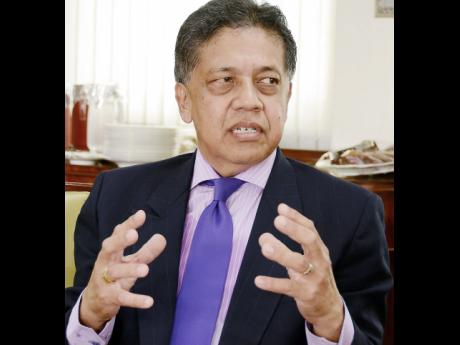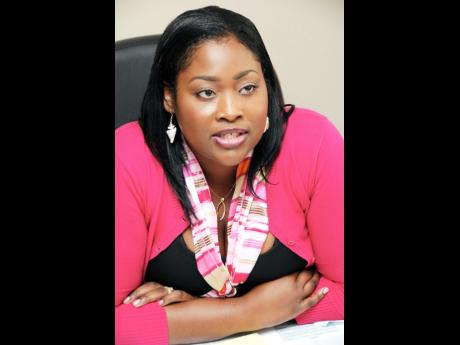Social media divide - Experts disagree over role of online posts in job placement
The jury seems to still be out as to whether social-media postings can affect an individual's prospects for employment.
Although experts locally and internationally continue to warn young people to be careful about what they post on their social-media platforms, as this could harm their chances of getting a job, there are opposing views on its actual impact.
David Wan, president of the Jamaica Employers' Federation (JEF), is of the view that, based on his interactions with some employers islandwide, an individual's qualifications and experience are still the core deciding factors for employment.
He did not ignore the heightened social-media usage among Jamaicans, but argued that developed markets like the United States (US) are more inclined to check the social-media status of prospective employees, as they have a greater pool to choose from. Locally, the practice is not so widespread, he said.
"I think it is much more prevalent in the US than in developing markets like Jamaica and the Caribbean. I think one of the big drivers why it is more prevalent there is because there are many more qualified applicants than jobs in the US, so they can afford to be more picky, generally speaking," Wan told The Gleaner.
"In Jamaica, especially with the move of the chain for more skills and experience, the pool becomes smaller, therefore employers, generally, can't be as picky. Of course, there are always exceptions, but I believe they rely more on qualification and experience."
COMPANIES SEE IT AS A LIABILITY
Yaneek Page, entrepreneurship guru, doesn't share Wan's views. She said that companies are becoming increasingly concerned about anything that will cause controversy and tarnish their image.
"Based on my interactions with different business owners across different business organisations, social media is extremely relevant and people are concerned. People readily identify you by your organisation, and so even when you are saying things that have nothing to do with work on your personal accounts, it becomes very tricky," Page told The Gleaner.
"Companies have received backlash because of what employees would have said in their own spaces and completely unrelated to their professional capacity, and because it becomes so difficult to divorce the issues, companies see it as a liability."
She added, "It is only prudent for organisations to be proactive. Most of them have social-media policies. There are some companies that actually require you to make declarations depending on how sensitive your position is. Remember, as we move to an age where diversity is important, we want to make sure that inclusion is important and we want to make sure that people don't have their biases."
Wan, too, emphasised that image is huge for most, if not all, organisations. He said he suspects that the banking sector, for example, will be more prone to checking the social media of individuals, especially if they will be handling confidential information.
"Each individual employer is different and you may find a mixed amount of employers in general, who feel that they must check this. But at the JEF, we have not had any kind of feedback from our members to give us hard data to say, for example, 20 per cent of our 340 members are practising this or not. It is only a perception," he said.


